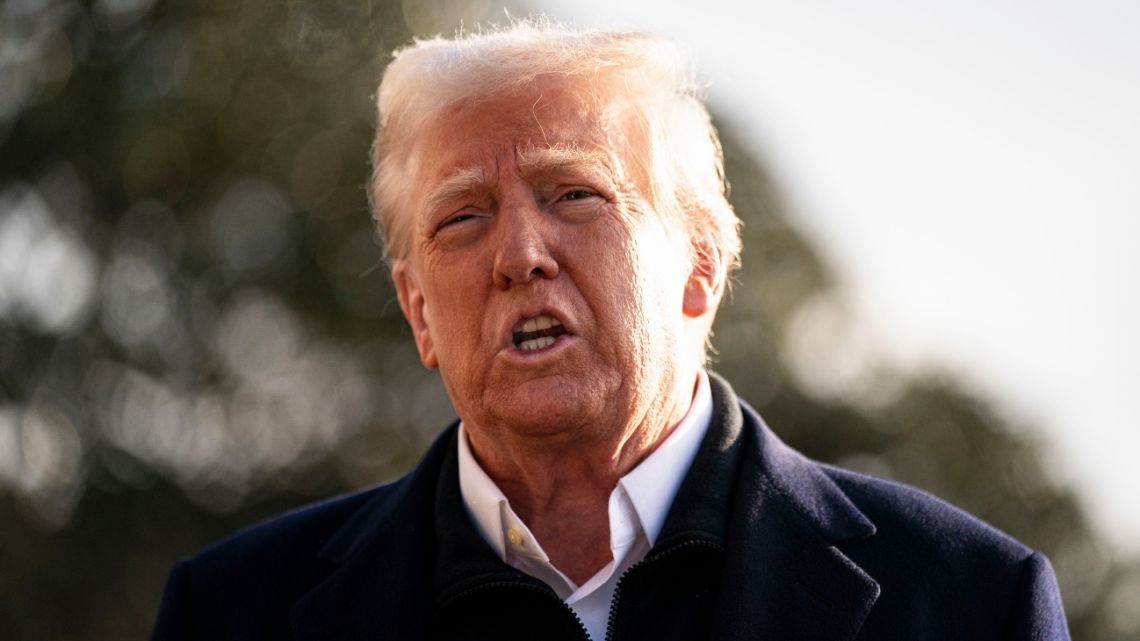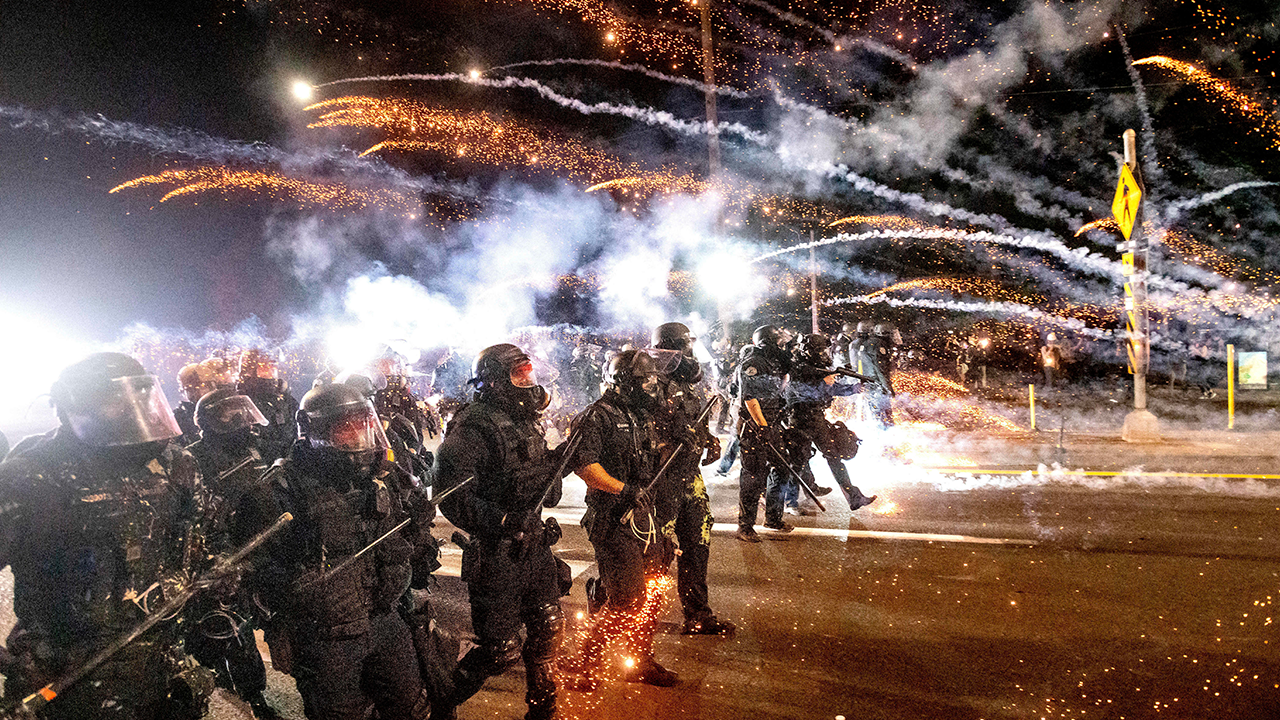The Sudanese army has ended a 21-month siege on its Khartoum headquarters, potentially shifting the balance of power in Sudan’s civil war. On January 24, 2025, army troops from Bahri and Omdurman joined forces to reach the besieged General Command.
This development marks a significant moment in the conflict between the Sudanese Armed Forces (SAF) and the Rapid Support Forces (RSF). The war, which began in April 2023, has devastated Sudan, displacing over 12 million people and pushing 25 million into acute food insecurity.
The army’s operation also reclaimed the Jaili oil refinery, Sudan’s largest, north of Khartoum. This move could have substantial economic implications for the country’s oil production and distribution.
International response to the conflict has been limited. The United States imposed sanctions on both SAF leader Abdel Fattah al-Burhan and RSF leader Mohamed Hamdan Daglo for human rights violations. However, humanitarian aid efforts remain underfunded, with only half of the UN’s response plan receiving support.
The RSF disputes the army’s claims, labeling them as propaganda. This contradiction highlights the ongoing information war between the two factions. The situation in Khartoum and across Sudan remains volatile, with fighting reported in various areas.
Sudan Army Breaks Siege on Khartoum HQ After 21 MonthsSudan Army Breaks Siege on Khartoum HQ After 21 Months
As the conflict enters its third year, its impact extends beyond Sudan’s borders. Neighboring countries struggle with the influx of refugees, straining resources and potentially destabilizing the region.
The breaking of the siege opens new possibilities for the conflict’s trajectory. However, both sides show little inclination towards negotiation. The coming months will be crucial in determining whether this development leads to further military escalation or creates opportunities for diplomatic solutions.
Sudan’s stability has far-reaching implications for regional security and global geopolitics. The international community now faces increased pressure to boost humanitarian aid and diplomatic efforts to resolve the crisis.

 By The Rio Times | Created at 2025-01-26 21:27:30 | Updated at 2025-01-27 16:47:18
19 hours ago
By The Rio Times | Created at 2025-01-26 21:27:30 | Updated at 2025-01-27 16:47:18
19 hours ago








